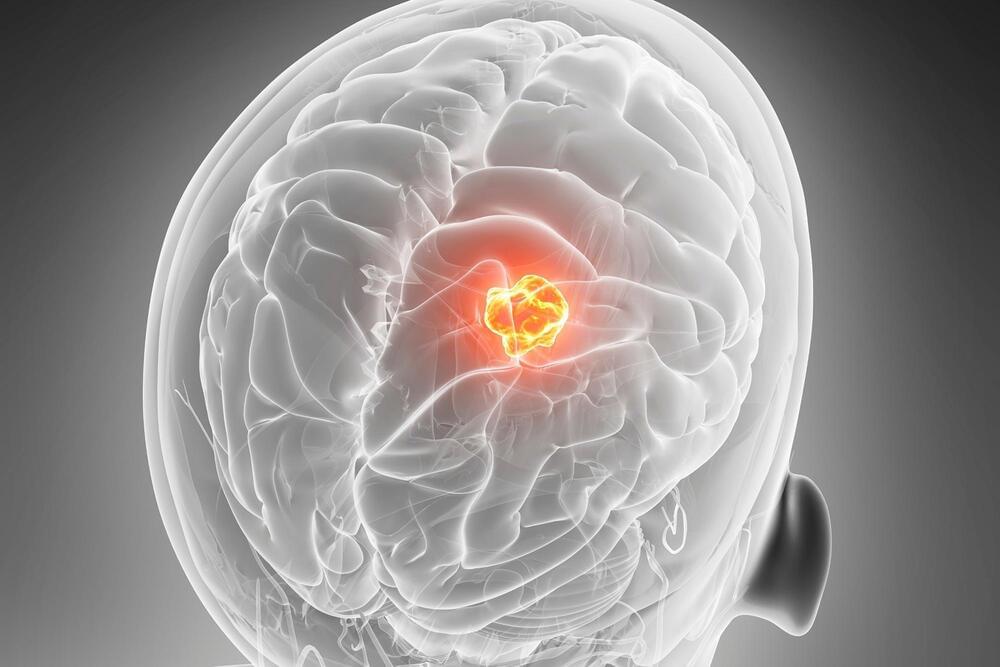Research from Washington University shows that glioblastoma, a type of brain cancer, has its own internal clock that synchronizes with the host’s circadian rhythms to optimize its growth by responding to daily hormone releases like cortisol.
Targeting these circadian signals in treatment slowed tumor growth significantly in both lab and animal studies. This synchronization could explain the mixed effects of dexamethasone, a common treatment, depending on the timing of its administration. The study highlights the potential of chronotherapy, aligning treatment with the body’s natural rhythms, to improve cancer outcomes.
Circadian Rhythms and Human Biology.










Leave a reply